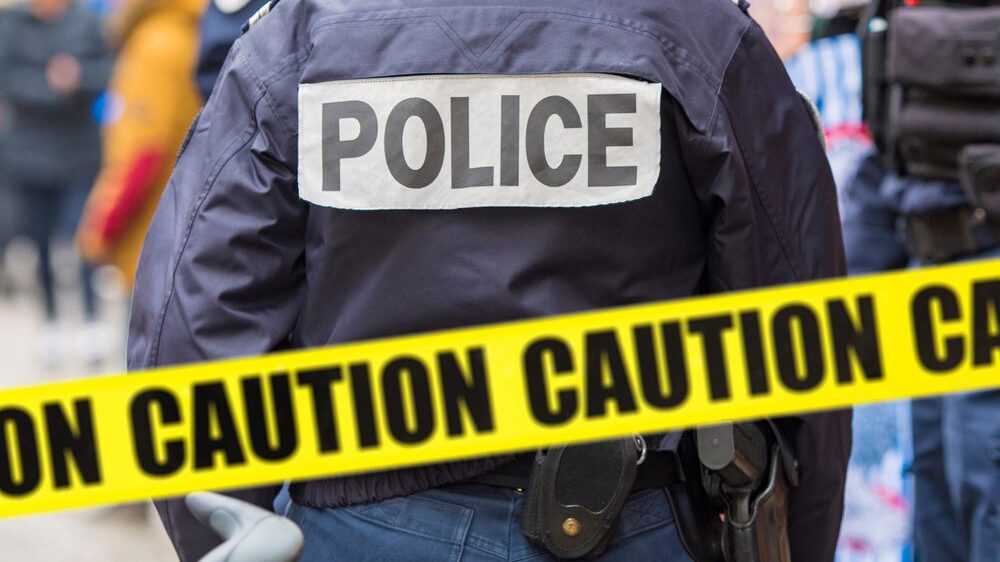
France has been increasingly marred by violent crime in recent years, with the widespread riots earlier this month being just one expression of the growing insecurity and high levels of crime in the country.
Homicide and attempted homicides in France have surged in recent decades, increasing by 90% from 2000 through 2020, according to criminologist Alain Bauer.
Professor Pierre Buigues from the University of Toulon writes in the newspaper Le Figaro that the total number of homicides in France in 2020, 879, is the highest in Europe, ahead of Germany, Spain, and Italy.
That number would mean France has an estimated 12.9 homicides per million inhabitants, compared to just 8.7 in Germany and 4.9 in Italy. Still, according to Professor Buiges, the actual number of homicides in France may be even higher than official statistics indicate.
“Homicides are defined as intentionally killing a person. It should be noted that this homicide rate in France is underestimated, because ‘assaults leading to death’ are not counted as homicides in France, whereas this is the case for countries such as Germany and Spain,” Professor Buiges writes.
France has seen many high-profile killings in recent years, including various radical Islamic terrorist attacks, such as the 2015 Bataclan nightclub massacre that left 90 dead in the Bataclan Theatre and a further 40 dead in the deadliest terror attack on French soil.
While France has seen several more terror attacks since then, it has also seen many other killings that have made headlines across the country.
One of the most infamous murders took place in Paris in October of last year when 12-year-old Lola Daviet was found dead in a travel trunk in the 19th arrondissement of the city, not far from the apartment where she lived, apparently strangled to death.
Police later arrested a 24-year-old Algerian woman named Dahbia B. in connection with the horrific crime and it later emerged that the alleged killer had an existing deportation order and had been ordered to leave the country weeks prior to the killing.
The killing led to a debate in France about the failures of the government of President Emmanuel Macron to successfully deport illegal immigrants. French media later noted that as many as 93% of deportations in 2020 were never carried out, a number that rose to 94% in the first half of the following year.
Migration has been more broadly linked to France’s current problems with insecurity and crime, with some politicians noting the high rates of criminal behaviour among underage migrants from some North African countries.
French Senator Henri Leroy highlighted the issue in 2021 saying, “Just look at the panorama of delinquency. There is a worrying increase which seems exponential. The number of minor migrants was 30,000 in 2015 and 60,000 in 2018, and the associated problems are increasing at the same rate.”
“In Bordeaux, 40% of delinquency is attributable to them, and the proportion was 24% two years ago. The problem grows and threatens to infiltrate all sections of delinquency, trafficking, banditry… We need to stop this bleeding,” he added.
July’s riots, which took place after the fatal killing of a 17-year-old named Nahel in Nanterre by a French police officer, were also linked by some to immigration.
Firebrand former presidential candidate Eric Zemmour, leader of the conservative Reconquête Party, stated that the country was on the verge of “civil war,” and added, “In spite of everything, most of the political class wants to believe that it is a social crisis when the root cause is obvious: immigration.”
Zemmour’s words seemingly bore fruit after it was revealed by French media that among those arrested for taking part in the riots, Mohammed was the most common name.
